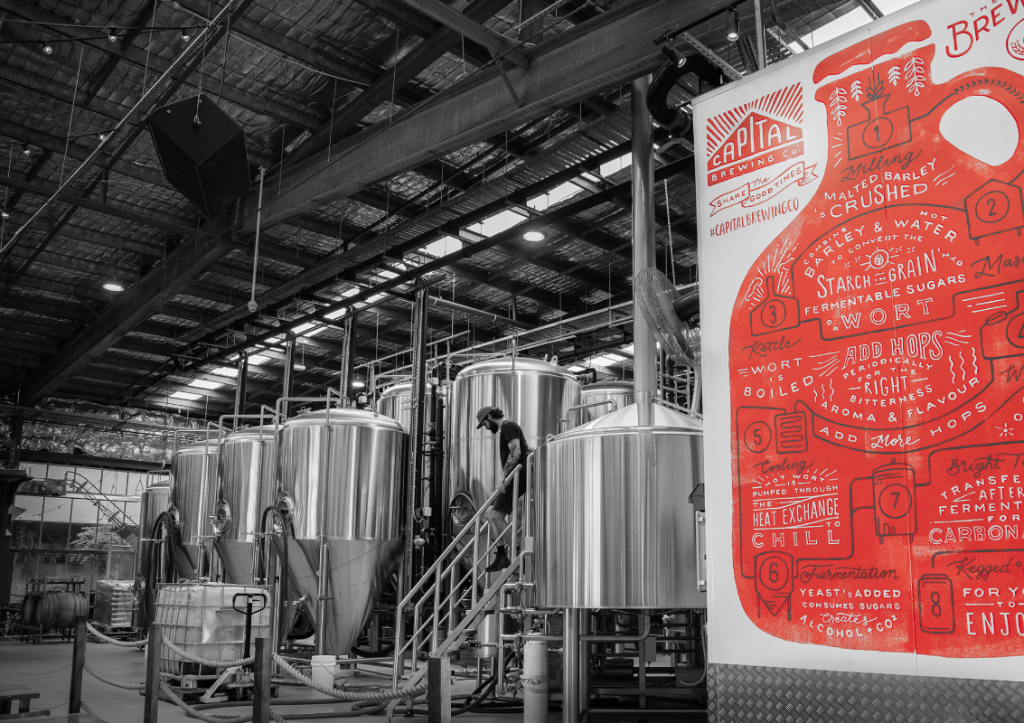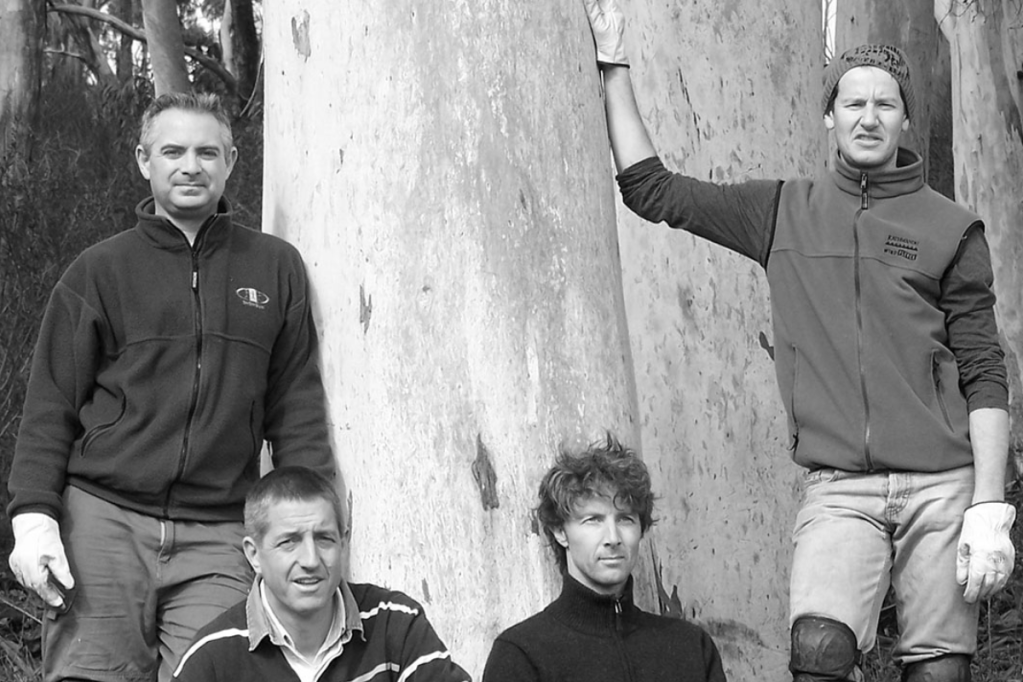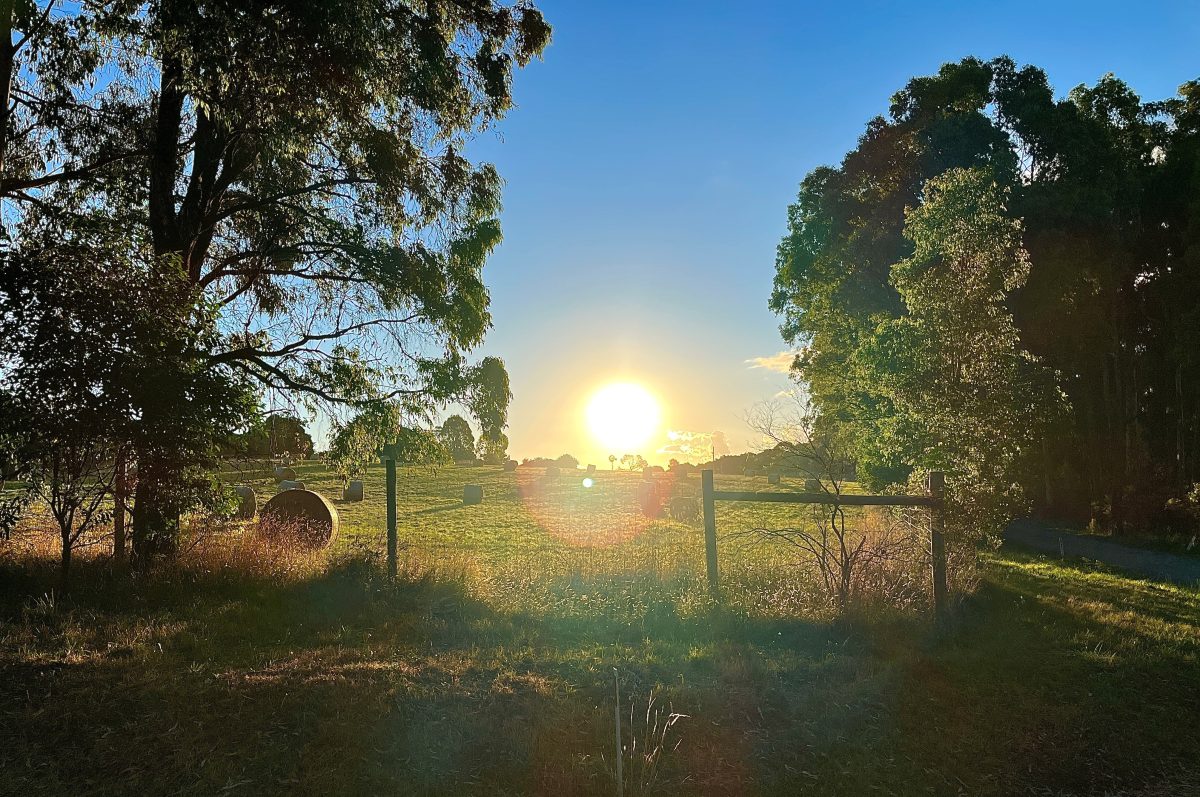Pangolin Associates describes itself as a ‘national energy and carbon management consultancy.’
The company works with businesses from all sectors to help them research sustainability targets through audits, greenhouse gas assessments and certifications from government or third parties. Recently, Pangolin worked with both Kinglake Distillery and Capital Brewing Co to achieve accredited climate neutrality through the Federal Government’s Climate Active program.
National Liquor News spoke to Matthew Coleman, Senior Consultant at Pangolin Associates, to understand these recent partnerships and learn what the retail sector can do to support sustainability.
Coleman first explained the practical process behind these certifications.
“We did a similar thing for both of them, and that is essentially allowing them to have a product which they can call carbon neutral,” he said.
“It’s all done through Climate Active, which is the government organisation for voluntary carbon neutrality. There’s all kinds of different ways you can say you’re carbon neutral in Australia.
“The most robust method is used by Climate Active, which means that the assessment you do and the process that you follow is much more rigorous. There’s a lot more to it, you have to measure a lot more, it takes a lot longer and it’s more expensive,” Coleman continued.
Lifecycle assessments
As Coleman explains, achieving Climate Active certification involves a total review of business operations called a ‘lifecycle assessment’, something that Pangolin specialises in.
“Effectively what we do is we go into this detailed study, which is looking at the Scope One, Two and Three emissions from their products. We also measure all the emissions involved in the organisation, and we keep the organisation and the products separate,” he said.
Scope One emissions are those caused directly by a producer, from sources within their control. Scope Two emissions covers indirect emissions created by the generation of external power, heating or water supply. Scope Three emissions refer to all other indirect emissions that occur as a result of a producer’s operations, with examples being the distribution of goods, use of products and even employee commutes.
This study goes far beyond merely totting up emissions at the distillery or brewery and offsetting them, instead looking in detail at carbon emissions associated with the sourcing of raw materials (such as grains, grapes and hops), transport, and equipment production and maintenance. Once completed, the audit is evaluated by an independent third party.
“Pangolin Associates can do the auditing of an LCA [lifecycle assessment], but we can’t audit our own work,” Coleman said.

Organising offsets
After this process is completed, Pangolin calculates the carbon offsets that the producer needs to purchase. But, as Coleman is aware, there are differing offsets available, of differing credibility.
“In the case of the Climate Active submission, they will only allow us to buy certain kinds of offsets to offset the carbon from an assessment. That’s another good thing about Climate Active, you can’t choose from the less rigorously checked methods for carbon offsets,” Coleman said.
“There’s two standards: the gold standard, and the Verra standard offsets – these are two worldwide organisations that have set themselves up to check and verify that those carbon offsets are done the right way, and to measure the amount of carbon involved in that offset.
“So say you have a solar facility in India somewhere, they have to have a certain amount of credits that can be drawn out of that project. They also sort of manage the retiring of those credits, so that there’s not double counting,” Coleman explained.
Once a company has been certified by Climate Active, its offset purchases can be viewed through the organisation’s website. In the case of Kinglake, it purchased 76 Verified Carbon Units (VCU) from the Verra registry, related to the Rimba Raya Biodiversity Reserve Project in Indonesia.
Capital Brewing Co purchased 1,120 VCUs, also from the Verra registry, connected to the Anhui Guzhan Biomass Generation Project, and the Orana Natural Capital Project. With both companies’ cases, each VCU is equivalent to the removal or reduction of one tonne of carbon dioxide.
State of play in the drinks industry
For Pangolin, there seems to be more work in the drinks industry on the horizon, with Coleman telling National Liquor News that the organisation is already working with a further three breweries.
“The cool thing about the Capital Brewing work we did is that Climate Active actually funded us to develop a calculator that we could then use to bring the cost down for other brewers to do the same thing,” Coleman says.
“We’re keen to get more brewers to do the same thing.”
Coleman also believes there is a direct impact on retailers and consumers, saying: “I think what will happen slowly but surely is that the Climate Active brand gains more traction in the marketplace, and people see that as something they can spend their money on which is carbon neutral, I think that’s a big market.
“If you were really environmental, and you went to the cellar door and saw a can of beer from Capital Brewing with a carbon neutral logo on it, you might buy that in preference over another one.”
As a whole, though, Coleman believes the drinks industry is in a good place for sustainability.
“From the drinks people I’ve spoken to, [the industry is] already doing a pretty good job, they’re already pretty sustainable as it is. For example, Kinglake, they don’t draw any power out of the grid, they’re running their whole operation on solar, they have a very, very low footprint,” he said.
“Generally, [drinks brands] all have a sustainability person on their team. The only other area that adds a fair bit of carbon to drinks is the transport offered around the place, because once you start transporting things, transport is a big, big emitter of carbon.
“Transport makes up about 18 per cent of our total footprint in Australia, and what I think will happen eventually is those trucks will become electric and naturally bring that down.”

Practical tips for retail
Pangolin believes there are also areas where retailers themselves can seek improve their sustainability.
“The first thing they could do is procure green power, and also using recycled materials. There’s an enormous amount of packaging involved in retail,” said Coleman.
Coleman has a perhaps unsurprising recommendation for retailers: work with Pangolin to increase your business’s sustainability.
“We work with all kinds of businesses, from the top end of town, right down to the smallest businesses,” Coleman said.
“It’s not just carbon counting, we also do sustainability strategies, ESG strategies and pathways to net zero with modelling and roadmaps.”
Ultimately, Coleman believes that when businesses and industries expand their understanding of carbon neutrality to include Scope Three emissions, chain reactions occur that increase sustainability across the board.
He said: “If you’re Kinglake, and you can buy gas that’s already carbon neutral, then you’re definitely going to buy gas that’s carbon neutral. What that means is that the gas supplier, to make carbon neutral gas, the network of people that are inputting into his business – they’ve all got to be carbon neutral as well.
“So it very quickly snowballs. All these businesses are thinking ‘how can we get to net zero?’ And they go: ‘we buy green power, we stop producing so much using so much for fuel.’ That’s simple stuff, anyone can do that.
“But then, they look at the other 80 per cent of their carbon emissions, which is coming from Scope Three, and they think ‘well, we’re going to have to engage with all these people, in ways of getting them to lower their carbon so we can lower ours.’
“I think that’s a really big conversation that’s happening.”

